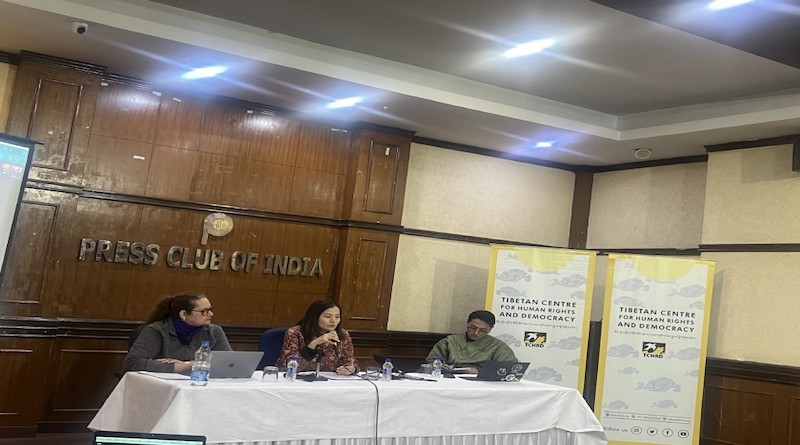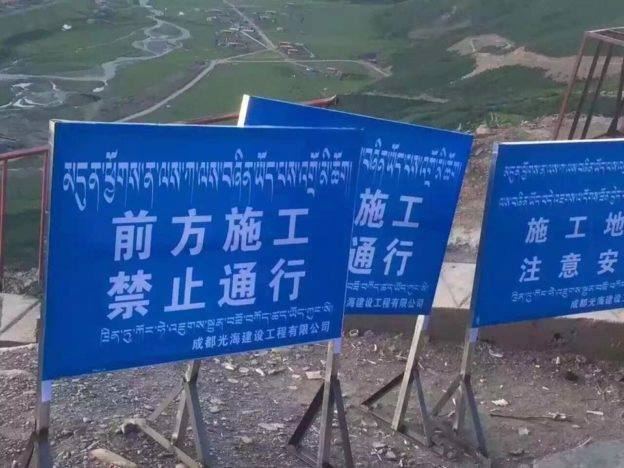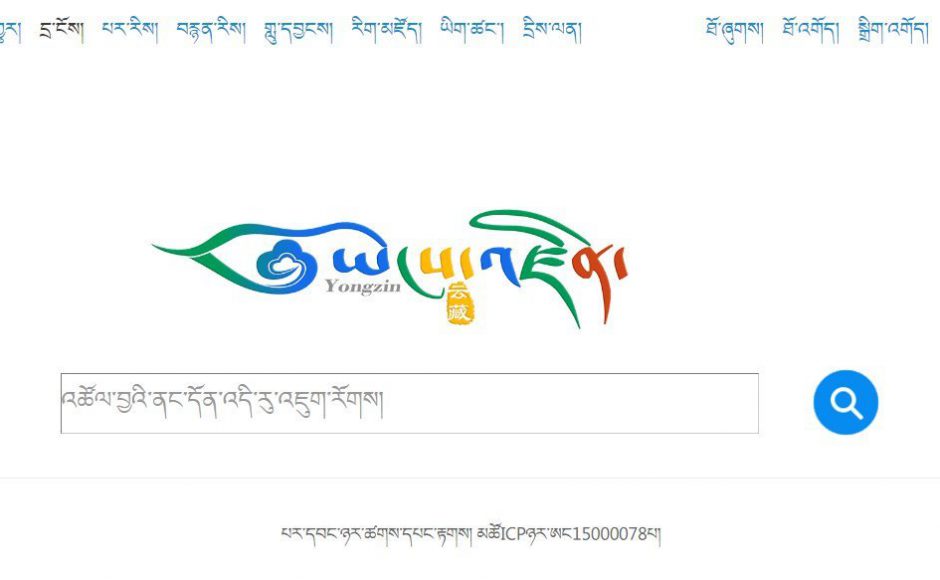TCHRD Report: CCP’s Transnational Repression Endangers Tibetan Diaspora, Freedom Movement

DHARAMSALA, 7 Feb: Shedding light on the systematic repression faced by exiled Tibetan communities worldwide, the Tibetan Centre for Human Rights and Democracy (TCHRD) unveiled a groundbreaking report titled ‘Chinese Transnational Repression of Tibetan Diaspora Communities’. Released on Tuesday at the Press Club of India in the Indian capital, the report, ‘Chinese Transnational Repression of Tibetan Diaspora 2024’, exposes the insidious tactics employed by the Chinese Communist Party (CCP) to silence dissent among Tibetan exiles.
Transnational repression, a term elucidated in the report, refers to the phenomenon whereby “governments reach across national borders to silence dissent among their diaspora and exile communities.” Despite widespread attention to similar phenomena, the Tibetan experience has often been obscured, overshadowed by its normalised presence within the lives of the victims. “Much has been reported about the experiences of communities targeted by the CCP transnational repression campaign, but little is known about the Tibetan experience. Until now, transnational repression against Tibetans has remained an under-acknowledged phenomenon – primarily due to its persistence, which seems to have normalised it in the lives of the victims,” TCHRD said in its first report of its kind to focus substantially on the global transnational repression of Tibetans.
TCHRD highlighted a concerning pattern, exposing how Chinese authorities manipulate and intimidate Tibetans residing in Tibet to wield control over their exiled relatives. This strategy, combined with extensive surveillance efforts, fosters an environment of apprehension and suspicion within diaspora communities, heightening the peril of transnational repression for Tibetan diaspora groups and, consequently, the future of the Tibetan freedom movement.
Among the documented forms of repression in the 32-page report are the severing of communication channels between exiled Tibetans and their relatives in Tibet, extensive spying to gather personal information, and coercive measures aimed at controlling behaviour abroad. Additionally, measures to undermine the livelihoods and mental well-being of exiled Tibetans are deployed, posing significant threats to their resilience and cultural ties.
Ms Tenzin Dawa, Executive Director of TCHRD, issued a compelling call for action, urging democratic governments “to provide concrete protections to specific populations, including Tibetan diaspora communities that experience persecution and are targeted for transnational repression.” She emphasised, “We appeal to all democratic governments to protect human rights on their soil, through their own domestic agencies as well as creating awareness about transnational repression among various law enforcement agencies. Concrete actions such as targeted sanctions and travel bans must be imposed on individuals or government officials responsible for perpetrating acts of transnational repression.”
The report stated that the CCP is pursuing a comprehensive strategy aimed at eroding Tibetan identity across all aspects, including language and religion. This approach involves utilising transnational repression, which can be viewed as a form of “sharp power” intended to infiltrate the political and cultural landscapes of targeted nations.
And this, the Dharamsala-based rights group says, is being done by the CCP “to undermine the legitimacy of overseas advocacy organisations and hinder their functionality by systematically employing economic, political, or other devious means to dismantle their solidarity networks, perceived as threats to state authority, by often falsely framing them in front of the international community as enemies of the CCP intending to mislead the international community and consequently garner international support for CCP policies.






